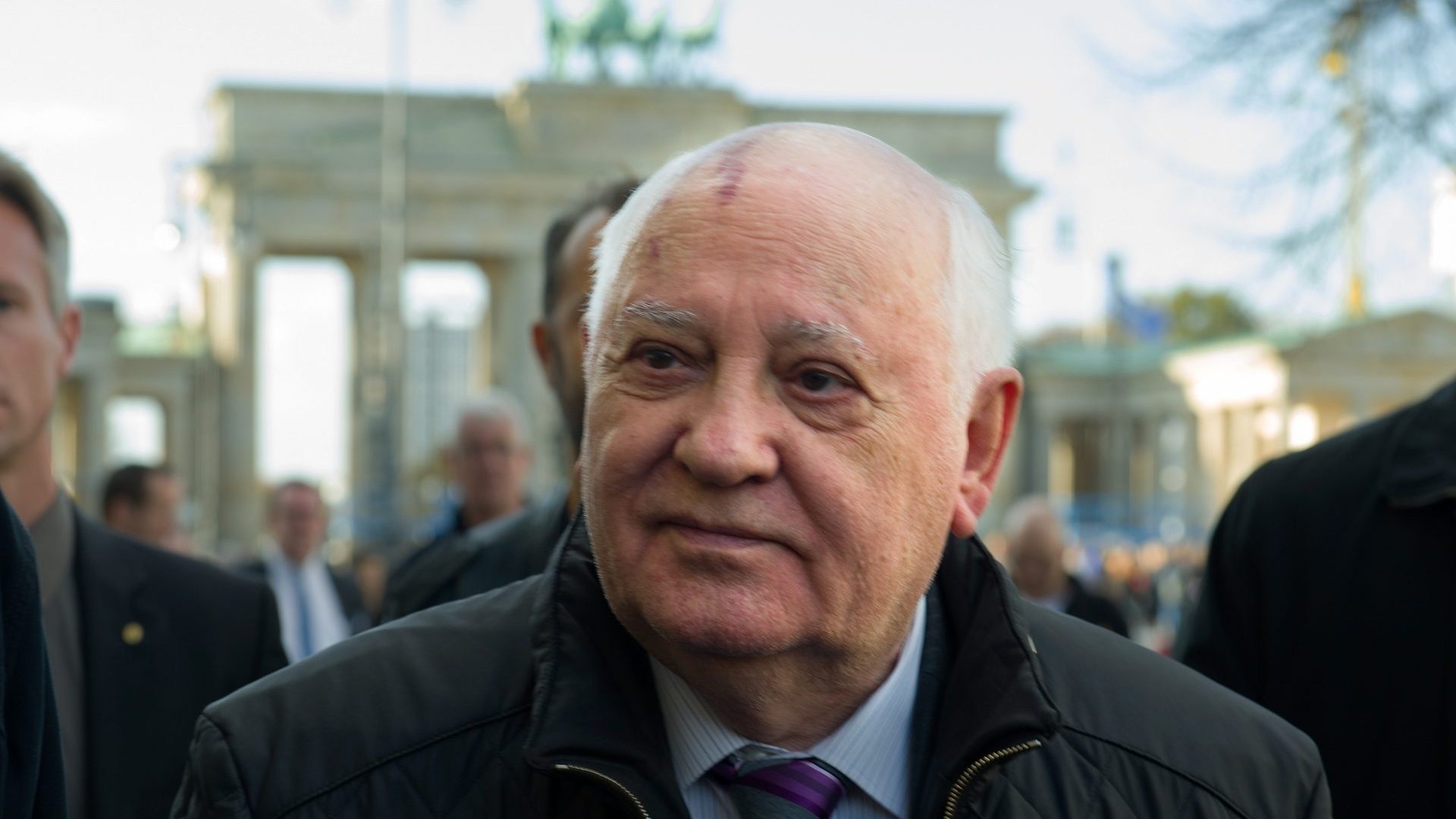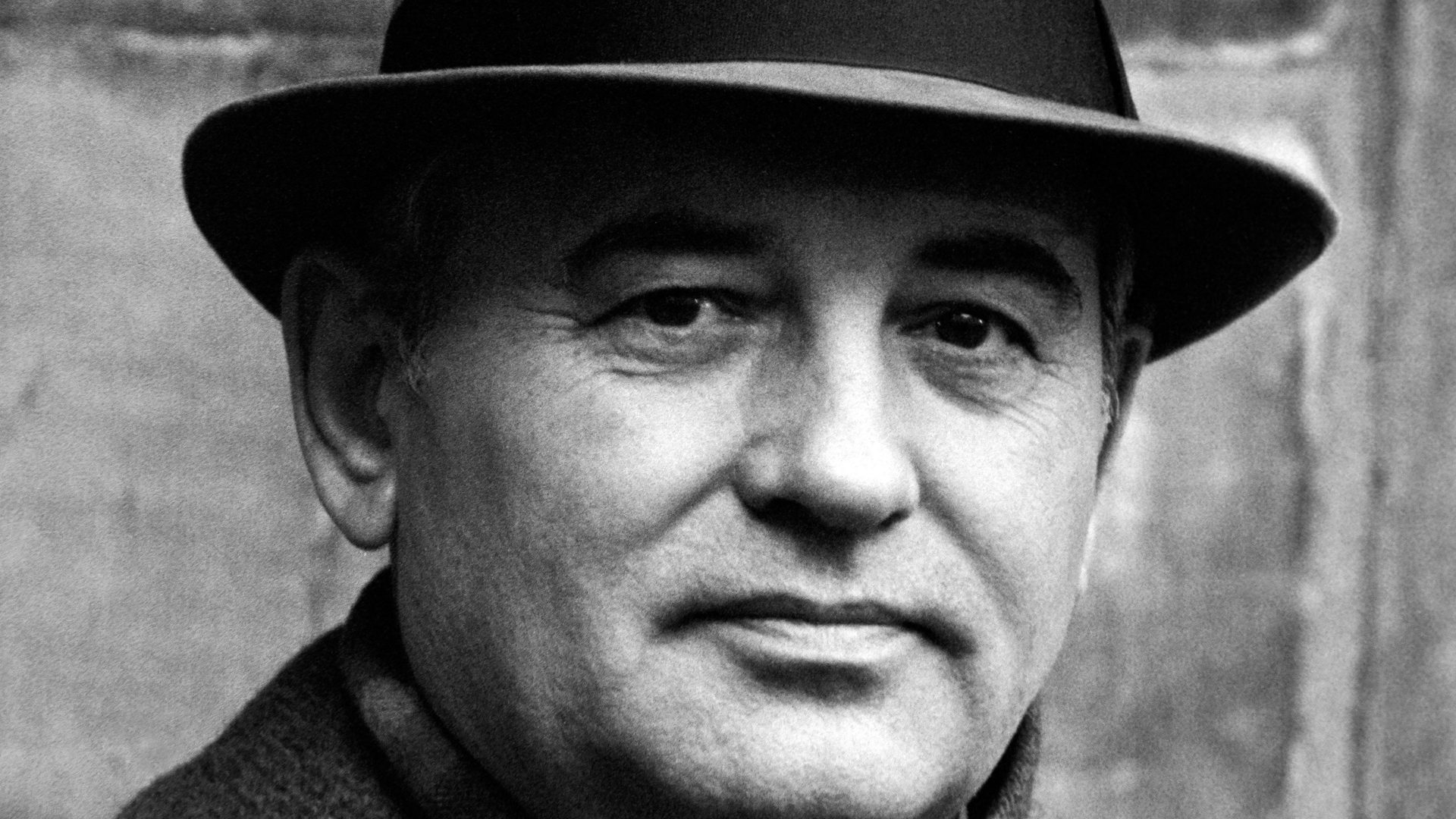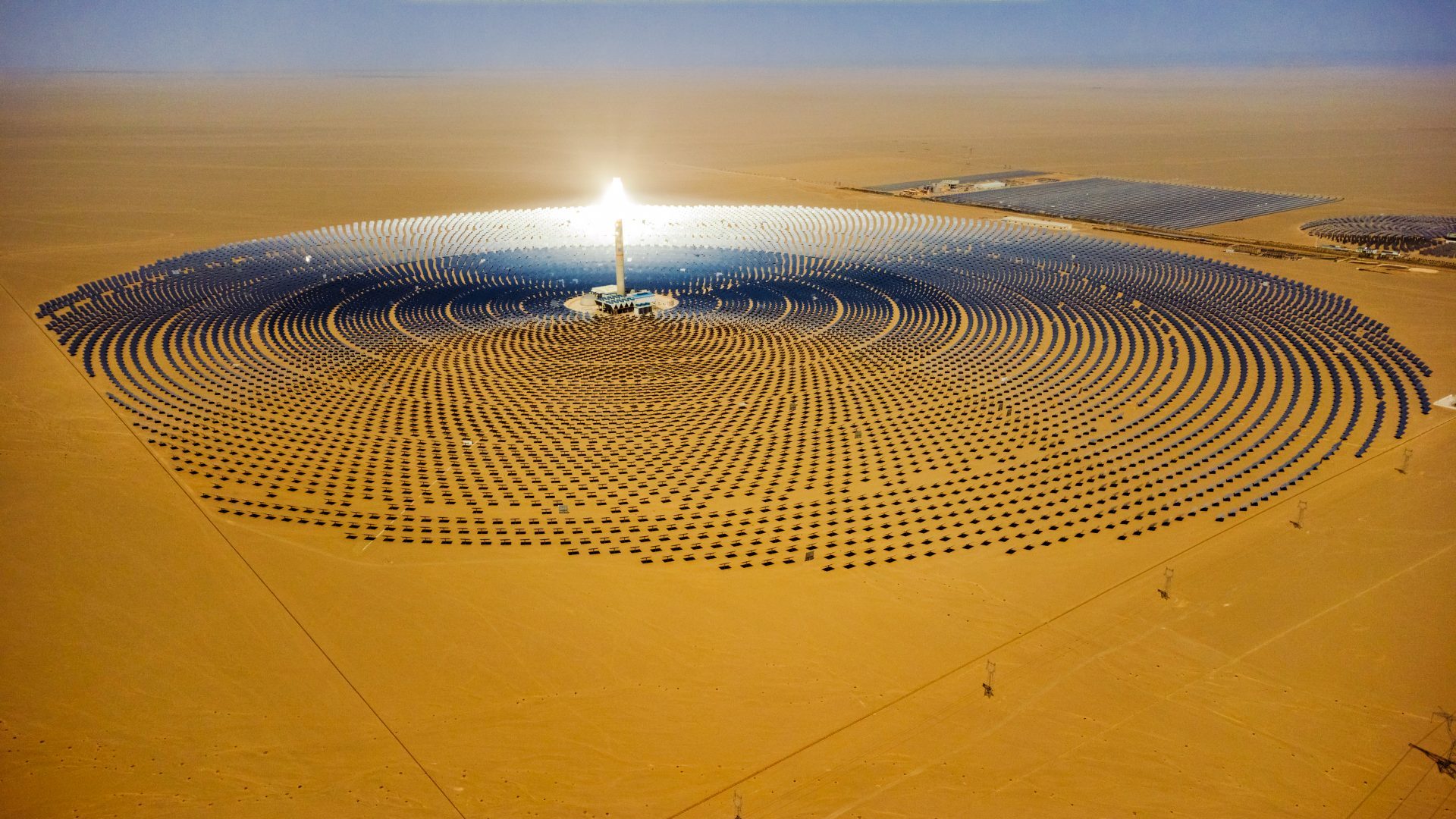Never meet your heroes – whoever said that must have had the wrong ones. I had the privilege to meet mine, Mikhail Gorbachev.
It was a freezing February afternoon, in 2009. I was working for Axel Springer Russia. The company ran Newsweek, Forbes and other magazines there, until it had to withdraw all publishing operations in 2015. It had become impossible to be an independent foreign publisher in Russia.
It was a chance encounter. Kai Diekmann, a colleague at the time, had an interview scheduled with the former Russian president for Bild. But his flight was delayed, so I received his distress call and rushed to do the interview instead of him. It took place in Gorbachev’s foundation offices.
The Gorbachev I met was a friendly elder statesman. Five minutes into the interview he asked me which part of Berlin I was originally from, East or West. I replied “…from Bonn actually,” at which he chuckled: “So you don’t belong to ‘our Germans’”. I looked bewildered. He explained to the interpreter and me: “In the Soviet Union there were ‘our’ Germans – and ‘not our Germans’”, depending on your passport.”
Twenty years before, during a visit to East Berlin for the 40th anniversary celebrations of the glorious GDR, he had given “his Germans” – namely Erich Honecker – some prudent advice: “Wer zu spät kommt, den bestraft das Leben.” (Life punishes those who come too late).
The literal quote is contested, but he took credit for it in his memoirs. And he owns it. It will be his forever, as it has since entered German collective memory (not just because we like punctuality so very much).
Even today, you need only say, “Wer zu spät kommt…” and without finishing the sentence, people will know what you mean. That goes for younger people too, although the words “Glasnost” and “Perestroika” aren’t familiar to them anymore.
To my generation, back then, those words meant the world. The contrast between the moldy, bureaucratic and callous GDR-regime and young, humane Gorbachev with his beloved wife Raissa couldn’t have been starker.
He was hope personified. And so in East Berlin, he was greeted like a pop star. What is more, on the evening of the 40th anniversary, on 7th October 1989, when GDR security forces started beating up protestors, they shouted “Gorbi, hilf uns! Gorbi, hilf uns!” (help us!)
During the interview in Moscow, he remembered that day, watching the anniversary parade, with banners and chants directed at him personally, while Honecker was just standing there, humming.
A month later, when the wall came down, he said he wasn’t jubilant. But he respected the new generation. “The Germans were unstoppable. We realised this and acted accordingly.” That‘s how modestly Gorbachev described facilitating the single most joyous event in modern German history.
For Germans from both parts of the country, it is “Gorbi” who enabled the peaceful revolution and German reunification. When East Germans bravely took the streets of Berlin, Leipzig and many other places in the autumn of 1989, Gorbachev wouldn’t have them shot down or overrun by tanks. “A firing order? Unthinkable,” he said. The Soviet forces, stationed in the GDR in their hundreds of thousands, kept to their barracks (unlike 1953, during the East German uprising, which they violently suppressed).
Some historians suggest that the massive economic distress and the ongoing dissolution of the Soviet Union had kept Gorbachev too busy to get involved in the GDR. But he had already let go of the Brezhnev Doctrine in 1988, which justified any intervention in Soviet bloc states (a threat to socialist rule in one is a threat to all).
After the wall had come down, it was Gorbachev who cleared the path for a reunited Germany, the so-called Miracle of the Caucasus. There’s a famous picture of Gorbachev (wearing a dark jumper) and Helmut Kohl (dark blue cardigan) leisurely sitting at a wooden round table outside the Russian president’s guesthouse, with Raissa and cabinet members from both countries. During this meeting, Gorbachev agreed to a reunited Germany being in Nato. We can’t thank him enough for that, too.
But in our interview 20 years later, his friendly tone changed, rather abruptly. He had been assured Nato would not move a centimeter toward the East. But “the Americans didn‘t stick to it and the Germans didn‘t care.” The idea that he received assurance on Nato’s limits is disputed. But for him it was a sore spot, and one that only increased Russian resentment that he had given away the Soviet Empire that Gorbachev himself had so much wanted to keep alive.
Having transformed Russia, he was not listened to anymore, and was sometimes an object of spite and mockery. In Germany, Gorbi remained our political pop-star (not David Hasselhoff), even throughout the difficult period when East and West Germany grew back together.
He was regularly invited to Germany, and as long as his health permitted he gladly came. After a speech at Leipzig in the 1990s, he recalled listening to East Germans fearing unemployment and feeling like second class citizens. “I sense you‘d rather not have had reunification”, he told them. “Nein, nein, nein,” they said. We’re not criticising you, just our government.
Gorbachev‘s reply: “Then I have an offer for you. Let‘s swap. You give us your German problems, we give you our Russian ones.” The hall cheered.
I attended a couple of events with him in later years and he was greeted with standing ovations every single time. Because he had earned it, and so much more. It’s hard to put in words how much my country owes him. “One should never forget our past, the bloodshed,” he told me. “But one must be able to come together. Those who manage, they are the main heroes.” Like him.
Danke, Gorbi.




